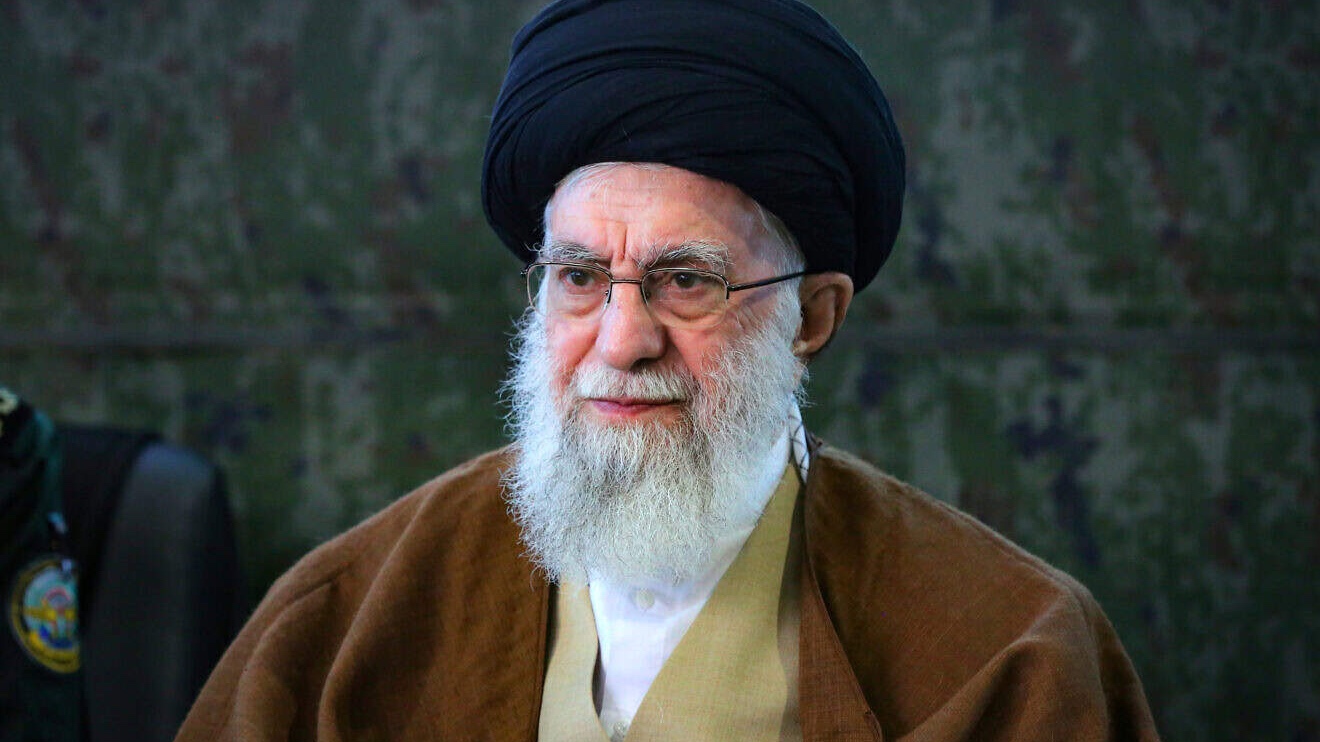Nation Brands Index (NBI) and the BrandIL project published today the annual ranking of national “brands” for 2024, in which Israel sits in last place. The study underlying the index, conducted between July and August 2024, is the most recent and comprehensive analysis of Israel’s image since October 7, 2023. The study involved 40,000 respondents from 20 countries, collectively representing about 70 percent of the world’s population (including the USA, China, Russia, India, Brazil, France, the United Kingdom, Germany, Argentina, Sweden, Turkey, Saudi Arabia, and others). The index evaluates 50 countries that represent strong economies or are significant on the global stage.
The Picture Painted by the NBI
- Israel has been relegated to the “backyard”: It ranks alongside “toxic” states whose per capita GDP is about 80 percent lower than Israel’s.
- Losing the future: Generation Z rejects Israel, awarding it zero points across all parameters.
- Products “Made in Israel” are effectively being boycotted: Israel’s exports face significant risks.
- Israel is associated with the “forces of chaos” rather than with states that contribute to global stability.
It must be emphasized that BrandIL, Israel’s branding project, has, for the first time, fully integrated Israel into the global NBI index and acquired the rights to all collected data from the evaluated countries. The project provides this data to the Israeli government.
The NBI ranking has been compiled annually since 2005, assessing the worldwide perception of countries’ images. The ranking considers six aspects of a country’s brand strength:
- Politics and Government – political stability, fairness and transparency of governance, and security.
- Culture – diversity and cultural depth in sports, arts, and heritage.
- People and Society – openness, diligence, and friendliness of the population and whether they would be considered for employment.
- Exports – scientific progress, technological innovation, and quality of domestic products.
- Migration and Investment – willingness to migrate to, live in, or study in the country, as well as its attractiveness for investment.
- Tourism – vibrant cities, architectural beauty, landscapes, and overall interest in visiting the country.
Strategic consultant Moti Scharf, founder of the BrandIL project, commented after receiving the study results: “Israel has lost its status as a legitimate state within the international community and has been relegated to the ‘backyard’ alongside the world’s most backward and toxic countries. The ‘villa in the jungle’ may become a jungle itself.”
However, Scharf added: “There is still hope. Based on objective criteria, Israel deserves a place among the top ten in the global Nation Brands Index, provided it undergoes a genuine and profound transformation in its branding.”
Israel’s anomaly
Israel’s placement in the bottom tenth of the rankings does not correspond to its objective standing. By objective parameters (GDP per capita, life expectancy, education level, etc.), Israel belongs in the top ten percent of national rankings. Yet, it finds itself grouped with countries where the average GDP per capita is approximately $11,000—around 80 percent lower than Israel’s GDP per capita.
Similarly, in the life expectancy index, Israel is grouped with nations where the average life expectancy is 72 years (ranking 120th worldwide), whereas in Israel, life expectancy is 83 years (placing it among the top 20 worldwide).
Another concerning detail: Only 40% of the countries ranked in the bottom tenth are democracies. This means that the world does not highly regard Israel’s status as “the only democracy in the Middle East.”
Although the Palestinian entity is not officially recognized as a state, BrandIL requested its inclusion in the ranking for the first time, positioning it below Israel. The index data indicate that the Palestinian entity (Hamas and the Palestinian Authority) is not perceived as a legitimate member of the international community, receiving zero points across all major parameters. Nevertheless, it enjoys a certain level of sympathy, particularly in the Muslim world, in China, and among younger generations.
Losing the next generation
One of the greatest threats to Israel identified by the index is the alienation of the next generation on a global scale. Generation Z rejects Israel outright, rating it at the lowest end across all possible parameters.
This implies that future world leaders may continue boycotting and excluding Israel. Among those aged 60 and older, Israel enjoys greater sympathy, but this paints a bleak picture of a demographic group that is losing relevance as younger generations rise to leadership positions.
De facto boycott of Israeli products
When it comes to purchasing Israeli products and conducting business with Israeli companies, the study underlying the index reveals that the overwhelming majority of respondents have no interest in buying Israeli-made products.
This amounts to an effective boycott of Israeli goods and businesses operating under the Israeli flag worldwide. This poses a clear threat to Israeli exports and companies operating internationally.
“Start-Up Nation”—Mostly in the eyes of Israelis
The study shows that Israel sees itself as a “Start-Up Nation”—but this view is largely held by Israelis themselves. Compared to developed European countries that are not considered technology leaders, Israel performs relatively poorly—even when compared to the United Arab Emirates.
This suggests that the ecosystem representing the “Start-Up Nation” concept caters to a small audience and does not significantly impact Israel’s technological brand on a broader scale.
The world punishes countries in conflict and does not distinguish between “victim” and “aggressor”
The world does not attempt to understand the root causes of conflicts between warring nations. Countries engaged in ongoing conflicts almost automatically rank at the bottom of the list:
- Russia (46th)
- Ukraine (47th)
- Israel (49th)
- Palestinian Authority (50th)
Contrary to popular belief, the world does not perceive conflicts in a nuanced way. Instead, it divides nations into “black and white” categories. Conflict-ridden states are generally viewed as threats to global stability and are penalized—without distinction between “perpetrator” and “victim.”
The general sentiment reflected in the ranking categorizes Israel as part of the global “forces of chaos” rather than as a nation contributing to security and human progress.
The authors of the study believe that Israel’s current branding strategy—focused on “Hasbara” (public diplomacy) and persuading the world of its legitimacy—has failed.
In stark contrast to Israel’s self-perception, the world sees Israel as a country that threatens global stability and aligns it with the axis of “chaos states.”
Future strategy: Changing Israel’s global status
In the coming weeks, the project will unveil an innovative model developed with an international team of nation-branding experts.
Key initiatives in collaboration with government and business representatives include raising funds for a dedicated $100 million fund to serve as an independent and essential platform for changing Israel’s global status.
Many countries have adopted similar financing models and successfully transformed their global standing.
The fund will be structured as a Development Financial Institution (DFI) and will rely on a mix of government, private, and philanthropic capital.
Its primary goals will be to:
- Expand Israel’s influence in key target countries
- Invest in young communities
- Open new markets for Israeli technologies and products
Want more news from Israel?
Click Here to sign up for our FREE daily email updates















If the world hates you , You have to be doing much much Right, GOD Bless Fear Not. Maranatha
Nations that live in fear of their enemies are always jealous of those nations who face their enemies and do what is needed to defeat their enemies. The sad thing is, those cowardly nations will always put down the stronger nations with their mouths because they won’t lift their hands to defend themselves. Look how they reacted to Trump when he called them out about how they hid behind the US while refusing to pay their share of NATO for just one example. At present, those nations are scared to death of Islam, look how they cater as they crawl on their knees so they don’t offend those who are working to destroy them from within. Israel is far above them, and they know it.